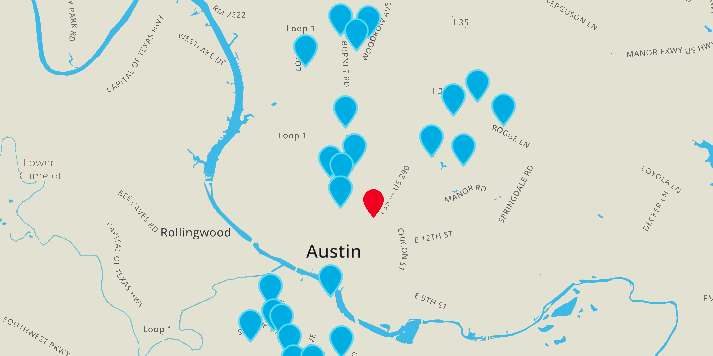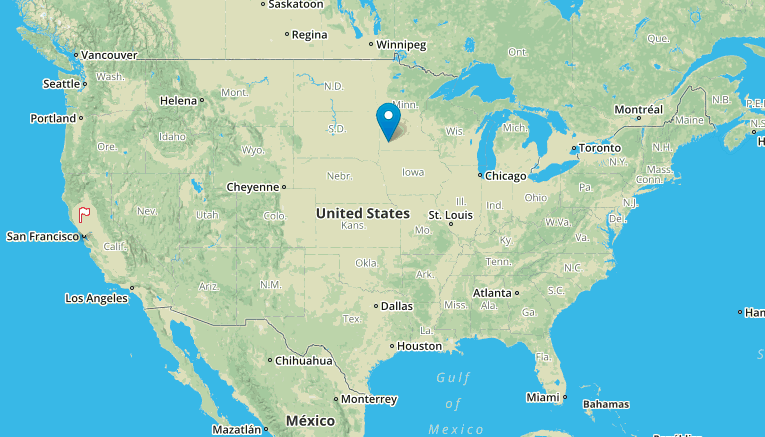How to Create Real-Time Vehicle Location Tracking App
With any connected car, navigation, or tracking and dispatch application, the real-time monitoring of vehicle location is key. You want to see where that vehicle is, and want to see that vehicle move across a map as it is in real life.
The real-time vehicle tracking and movement app is possible because of real-time data streams. Connected applications are streaming location data in JSON, and that JSON message is parsed and displayed on the map. For the most accurate tracking applications, new location data is sent every second, creating a smooth movement on the map.
How to create a real-time vehicle tracking application
In this blog post, we'll look at how to stream and visualize real-time vehicle location data on a live-updating map using the EON JavaScript framework and the Mapbox API.
Dealing with maps can be a pain, especially when you add animations and real-time data. But using EON and Mapbox, this tutorial will provide an easy to use, animated, real-time solution for tracking connected devices and users on a map.
Click here for the full EON GitHub repository.

Want to learn more?
Fill out the form and one of our experts will be in touch soon
PubNub Project EON Maps for vehicle tracking applications
EON Maps is a standalone library that includes the Mapbox assets. You supply an array of geolocation lat/longs and the map renders markers in those locations.
When you publish a new set of lat/longs, the map animates the transition from the last location to the new location. The library is time sensitive, meaning speed is accurately animated between keyframes.
Quick Start: How to create your vehicle tracking application
Here's a short example of animating a single marker across the United States.

Here's what the code looks like:
<script type="text/javascript" src="http://pubnub.github.io/eon/lib/eon.js"></script>
<link type="text/css" rel="stylesheet" href="http://pubnub.github.io/eon/lib/eon.css" />
<script>
L.mapbox.accessToken = 'pk.eyJ1IjoiaWFuamVubmluZ3MiLCJhIjoiZExwb0p5WSJ9.XLi48h-NOyJOCJuu1-h-Jg';
var map = L.mapbox.map('map', 'ianjennings.l896mh2e');
var channel = 'pubnub-mapbox';
var tacos = new pubnub_mapbox({
map: map,
channel: channel,
init: init
});
//////////////
function init() {
var point = {
latlng: [37.370375, -97.756138]
};
var pn = PUBNUB.init({
publish_key: 'demo'
});
setInterval(function(){
var new_point = JSON.parse(JSON.stringify(point));
new_point.latlng = [
new_point.latlng[0] + (Math.floor(Math.random()) * 0.1),
new_point.latlng[1] + (Math.floor(Math.random()) * 0.2)
];
pn.publish({
channel: channel,
message: [new_point]
});
}, 500);
};
</script>
The EON Map library support multiple positions, custom marker styles, and even the ability to follow a designated marker as it animates.
That's all for this quick tutorial on building real-time vehicle tracking maps. For more in depth guide to EON, check out the video below, or read more on the EON project overview page.